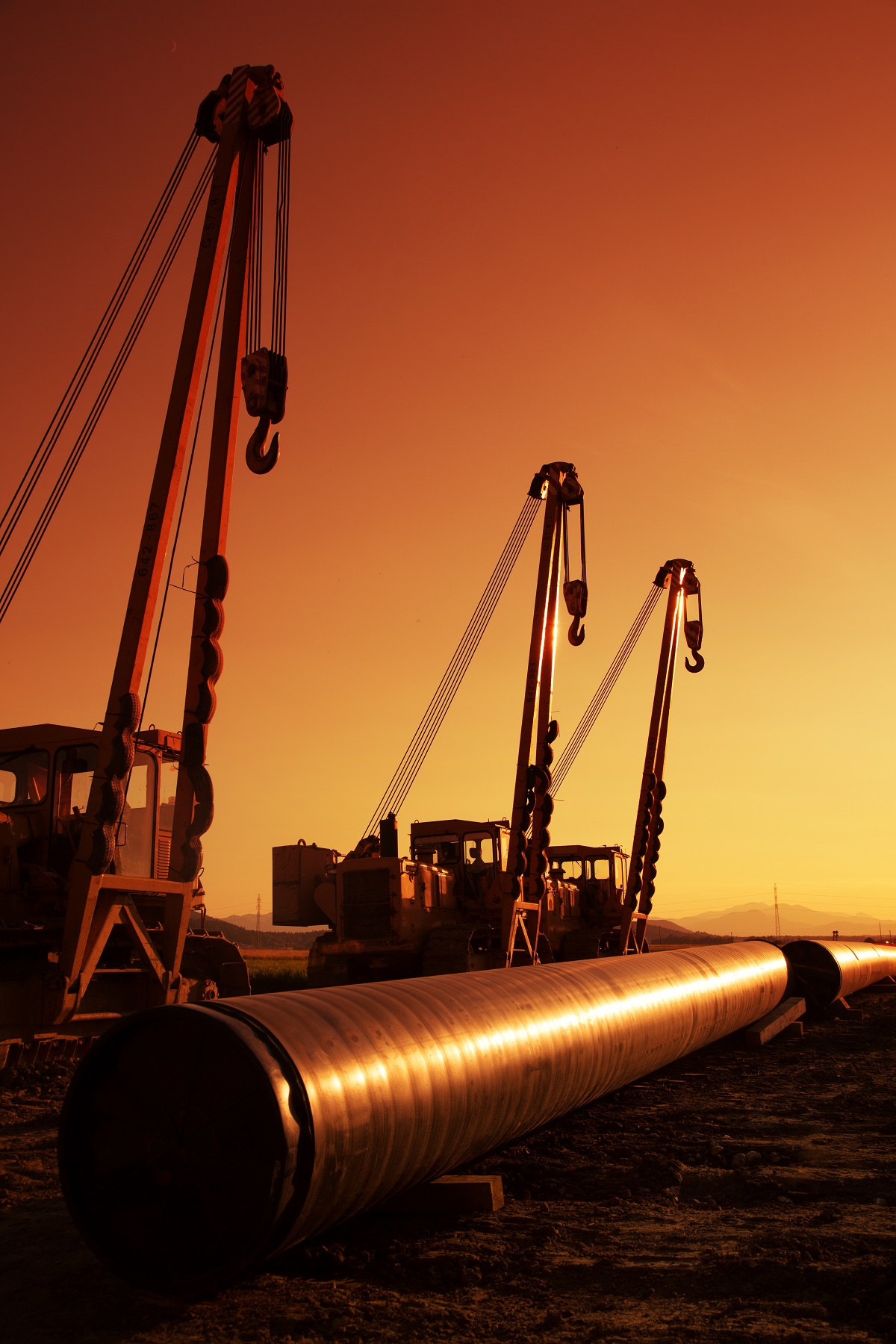Sources: Iraq Chooses BP and Eni Over Exxon for Pipeline Project
BASRA, Iraq/BAGHDAD (Reuters) - Iraq is close to reaching a deal with oil majors BP and Eni for an export pipeline project that was initially planned as part of a mega-deal with U.S. energy giant ExxonMobil, according to five senior Iraqi oil officials involved in the negotiations.
Under the proposed $400 million agreement, British company BP and Italy’s Eni would run the scheme to build two seabed oil pipelines for Iraq’s southern exports through the Gulf, the sources told Reuters, declining to be named as the discussions have not been made public.
The pipeline work was meant to be part of a larger, $53 billion project that Exxon looked poised to move ahead with earlier this year, but an agreement with Baghdad was held back by contractual wrangling and security concerns, the officials said.
The 30-year mega-project is the focus of Exxon’s plans to expand in Iraq, OPEC’s second-largest producer, and a chipping away of schemes from the deal could drag on the company’s ambitions.
The BP and Eni talks with Baghdad follow an announcement from Iraqi officials in June that South Korea’s Hyundai Engineering & Construction Co Ltd had been selected to build a $2.4 billion seawater injection facility - another part of the deal originally on the table with Exxon.
ExxonMobil and Eni declined to comment, while BP had no immediate comment.
In May, Iraq’s proposed bumper deal with Exxon appeared imminent. U.S. Secretary of State Mike Pompeo discussed it with Iraqi Prime Minister Adel Abdul Mahdi twice in three days, including during a surprise visit to Baghdad. Abdul Mahdi, meanwhile, said Iraq was close to signing the agreement with the American company and its venture partner PetroChina.
But negotiations subsequently became protracted over contract conditions and escalating tensions between Iraq’s bigger neighbor Iran and the United States, Baghdad’s two main allies.
Talks to reach at least an initial agreement were held up by two separate evacuations of Exxon’s foreign staff from Iraq, the first after Washington warned of Iranian threats to U.S. interests there, and the second prompted by a rocket attack that appeared to target the company.
The five senior Iraqi oil officials said the delays had forced Iraq to consider other companies to help construct infrastructure for its offshore export terminals.
“We can’t wait for Exxon forever. We have serious problems with our sea pipelines and urgently need to find partners to help build new ones. Further delays could harm our sea export infrastructure,” said one of the officials, who oversees export infrastructure in the south of the country.
RUPTURES, LEAKS
The project that Iraq is discussing with BP and Eni involves the replacement of two old seabed pipelines, including an idled one which transports crude to the Khor al-Amaya terminal.
Loading operations have been halted at Khor al-Amaya since 2017 when the pipeline suffered ruptures and leakages and had to be shut, oil officials said. The other pipeline is operating at partial capacity to ship crude oil to the Basra offshore terminal.
Under the proposed deal, BP would finance the project and Eni would handle the procurement, engineering and construction tendering aspects, the sources said.
The negotiations are in their final stages after the parties worked out a mechanism to allow the British company to recover its financing payments.
“In principle we agreed BP could recover its payments by taking oil shipments instead of cash, just like the mechanism we’re following to pay the company to develop Rumaila oilfields,” said one of the Iraqi officials.
Eni will be paid in cash for its work, the officials said.
The seawater injection project, which Hyundai has been selected for, was also originally part of Exxon’s planned deal to develop Iraq’s southern energy installations.
Iraq has no major water injection plant and needs one for its wells or would risk losing pressure and face severe production decline, especially at its mature oilfields. As freshwater is a scarce resource in Iraq, using treated seawater is one of the best alternatives.
Three of the oil officials said Exxon had costed the project at higher than Hyundai’s $2.4 billion. They said other parts of the proposed Exxon project could go to other companies if they offered lower costs, including a project to build additional crude storage.
The Hyundai deal, announced by the state-run Basra Oil Co, still requires the final approval of the oil ministry. One of the officials said the agreement would be finalized before the end of year.
Related News
Related News

- Kinder Morgan Proposes 290-Mile Gas Pipeline Expansion Spanning Three States
- Enbridge Plans 86-Mile Pipeline Expansion, Bringing 850 Workers to Northern B.C.
- Intensity, Rainbow Energy to Build 344-Mile Gas Pipeline Across North Dakota
- Tallgrass to Build New Permian-to-Rockies Pipeline, Targets 2028 Startup with 2.4 Bcf Capacity
- U.S. Moves to Block Enterprise Products’ Exports to China Over Security Risk
- U.S. Pipeline Expansion to Add 99 Bcf/d, Mostly for LNG Export, Report Finds
- A Systematic Approach To Ensuring Pipeline Integrity
- US Poised to Become Net Exporter of Crude Oil in 2023
- EIG’s MidOcean Energy Acquires 20% Stake in Peru LNG, Including 254-Mile Pipeline
- Enbridge Sells $511 Million Stake in Westcoast Pipeline to Indigenous Alliance





Comments